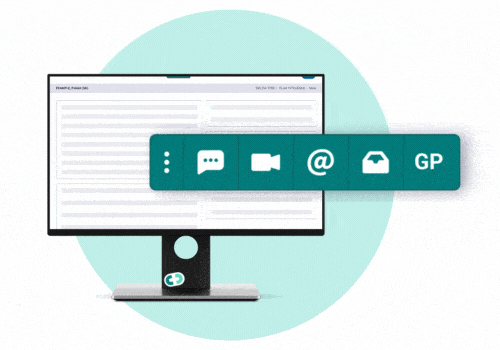Lack of C+B slots increases again
- 11 August 2009
Slot availability on Choose and Book has risen to affect almost one in five appointments after falling at the end of last year, EHI Primary Care can reveal.
NHS Connecting for Health said tackling slot availability was “its number one priority” for Choose and Book as figures show an increase in slot availability issues despite all national attempts to resolve the issue.
Latest Department of Health data shows the current national rate for appointment slot issues is 19% which has increased after falling to 12 or 13% at the end of last year.
Some hospitals have admitted that more than 50% of their appointments are not showing on Choose and Book and figures show performance by strategic health authority varies from 10.5% to 25.6%.
Dr Stephen Miller, national medical director for Choose and Book, said 5,000 to 6,000 patients a day were being inconvenienced by being unable to book an appointment on the electronic system as well as GPs and support staff.
He told EHI Primary Care: “It continues to be our biggest implementation issue by far and one of our main difficulties is that we are not totally clear why it is happening.”
Dr Miller said it was difficult to make any correlation between areas with low slot availability figures and actions they had taken to achieve that result.
However, he called on hospital trust chief executives to get fully involved in sorting out slot availability. He added: “Chief executives need to grab this and run with it. It needs top level buy-in.”
Dr Miller said latest figures showed that 16 NHS organisations had slot availability issues of less than 4%, 109 organisations had between 4% and 19% and 86 organisations had slot availability issues of more than 20%.
Among those with high slot availability issues is St Helens and Knowsley Hospitals. According to a July board report to Halton and St Helens PCT the acute trust is the sixth lowest performing trust in the NHS with a slot availability of less than one in two.
The board report adds: “More than 50% of all patients who contact the National Call Centre to book an appointment at St Helens and Knowsley Hospitals are unable to do so. In comparison, Warrington and Halton Hospitals have slots available so that nine out of 10 patients can book a slot using the system.”
CfH said individual hospitals were responsible for ensuring that appointment slots for outpatient appointments are available through Choose and Book. “Failure to publish sufficient appointments slots on the Choose and Book system is not a result of the technology,” it added.
It said the NHS standard acute services contract makes it clear that hospitals are obliged to accept all clinically appropriate referrals and cannot turn referrals away by, for example, not displaying all slots on Choose and Book or limited availability to meet the 18 week referral to treatment target,
It said a new 18 Weeks and Choose and Book toolkit had been released to help trusts understand their demand and proactively manage their capacity and that weekly reports were also available for NHS organisations to review their performance both for Choose and Book and appointment slot issues.
CfH said 54% of first outpatient appointments were booked via Choose and Book in May, the latest month for which figures are available.




